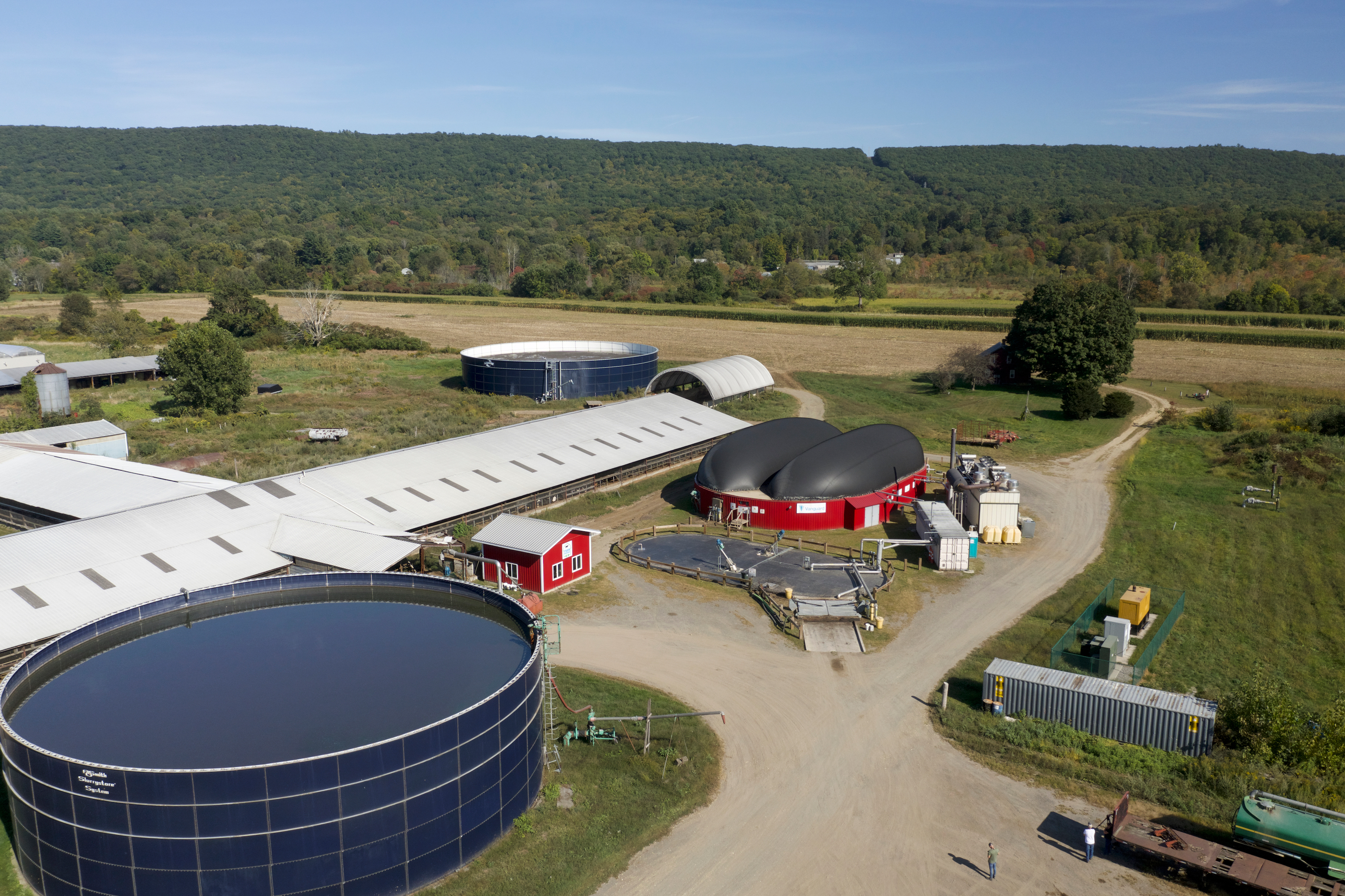Virginia Natural Gas Receives Approval for Renewable Natural Gas Pilot Program
(P&GJ) — The Virginia State Corporation Commission has recently approved the RNG Interconnect pilot program, a five-year pilot from Virginia Natural Gas (VNG) aimed at encouraging the development of renewable natural gas (RNG) production facilities within the VNG service territory.
The company also received authorization to integrate RNG into its natural gas distribution system.
The pilot is part of the energy company's Sustainable Gas Program, which will allow for the production and delivery of RNG into VNG's pipeline system and support the procurement of both RNG and Next Generation Natural Gas. This is complementary to VNG's path to reach net-zero direct greenhouse emissions from its operations by 2050.
VNG is the first local distribution company in the state to establish a Commission-approved tariff that allows an interconnection between an RNG production facility and a natural gas utility's distribution system.
"At Virginia Natural Gas, we are committed to supporting the development of renewable energy sources as we pursue our climate and environmental goals," Robert Duvall, president of Virginia Natural Gas, said. "The approval of this pilot program is a significant step as we move forward to develop sustainable, environmentally responsible solutions while helping our state lead in the progress toward a clean energy future."
As part of the approval, Virginia Natural Gas will be able to interconnect RNG production facilities with its existing natural gas pipeline distribution system to encourage the production and delivery of a resilient, alternative source of natural gas while providing additional benefits for the distribution system, customers and local economies.
RNG is a low or negative carbon energy solution that is derived from organic waste including farm, municipal, landfill and industrial waste. As these organic waste sources decompose, methane is produced, which is captured and converted to RNG.
It is a sustainable and reliable energy source that is compatible with existing infrastructure when blended with natural gas. RNG can be integrated into the VNG distribution system, reducing greenhouse gas emissions, and can be used directly in a manner consistent with traditional natural gas for residential, commercial, industrial and transportation purposes.
Along with VNG's efforts to support sustainable gas supply opportunities like RNG, other emission reduction efforts at VNG include innovative technologies, such as the use of artificial intelligence to predict third-party damages to critical infrastructure.
Additionally, VNG is reducing emissions through the Steps to Advance Virginia's Energy (SAVE) program by renewing its natural gas infrastructure, replacing aging pipes with new, more durable materials that reduce methane emissions, continue the safe delivery of natural gas, and are less expensive to maintain. Since the program began in 2012, VNG has replaced more than 500 miles of aging pipeline, reducing greenhouse gas emissions by 31%.
The energy company is also utilizing innovative cross-compression technologies to capture natural gas removed during maintenance activities and reinsert it back into the pipeline system for continued use. This results in less gas or methane entering the atmosphere.
Related News
Related News

- Keystone Oil Pipeline Resumes Operations After Temporary Shutdown
- Freeport LNG Plant Runs Near Zero Consumption for Fifth Day
- Biden Administration Buys Oil for Emergency Reserve Above Target Price
- Mexico Seizes Air Liquide's Hydrogen Plant at Pemex Refinery
- Enbridge to Invest $500 Million in Pipeline Assets, Including Expansion of 850-Mile Gray Oak Pipeline





Comments